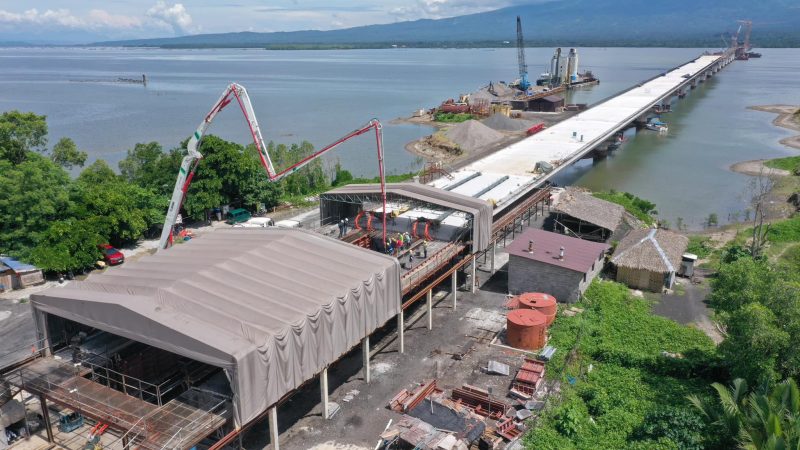-
International Civil Aviation Organization auditors have started assessing the Philippines’ aviation security protocols to address emerging threats and mitigate potential security risks in air travel
-
ICAO’s Universal Security Audit Programme Continuous Monitoring Approach is a regular audit that provides a progressive framework for constant evaluation and enhancement of aviation security protocols, enabling air transport stakeholders to be vigilant in a fast-evolving landscape
-
The audit began on July 10 and ends on July 21, involving both documentation and operational visits that included on-site calls at two of the country’s main gateways
-
The audit findings will be provided to the Office for Transportation Security on July 21
International Civil Aviation Organization (ICAO) auditors are assessing the country’s aviation security protocols to address emerging threats and mitigate potential security risks in air travel.
According to the Department of Transportation (DOTr), the audit began on July 10 and ends on July 21. It covers both documentation and operational visits, including on-site calls at two of the country’s main gateways, Ninoy Aquino International Airport and Mactan-Cebu International Airport.
Five ICAO auditors will inspect all areas of airport operations, both airside and landside. DOTr noted that their focus is on government security protocols and not on airline operations. The findings of the audit will be provided to the Office for Transportation Security on July 21.
ICAO’s Universal Security Audit Programme Continuous Monitoring Approach (USAP CMA) is a regular audit that provides a progressive framework for continuous evaluation and enhancement of aviation security protocols, enabling stakeholders in air transportation to remain vigilant in a rapidly evolving landscape.
The audit seeks to promote global aviation security through continuous auditing and monitoring of ICAO member states’ aviation security performance to enhance their aviation security compliance and oversight capabilities.
In 2017, the Civil Aviation Authority of the Philippines passed the USAP, garnering a score of nearly 70%, more than the world average.
During the national briefing on ICAO’s USAP CMA, Transportation Secretary Jaime Bautista urged aviation stakeholders to be proactive and contribute to global aviation security.
“I urge everyone to actively engage in constructive dialogue and explore innovative ideas to leverage our capabilities to contribute to global aviation security. In doing so, we strengthen our collective ability to detect and mitigate potential security risks, ensuring the sustained resilience and integrity of global aviation systems,” Bautista said.
The transportation chief underscored the role of participants, auditors, and support staff in the continuous monitoring, sharing of best practices, and coordination among various stakeholders in the aviation sector.
“We have assembled an exceptional line-up of experts who will shed light on essential aspects like airport and airline operations, intelligence and crisis response, management of acts of unlawful interference, risk management strategies, capacity-building, as well as streamlined collaboration among regulatory bodies and industry partners,” Bautista added.
The DOTr chief also expressed confidence in the collective commitment and relentless pursuit of excellence in advancing global aviation security.
“Let us continue to embrace this opportunity to collectively strengthen the foundation of aviation security and demonstrate our unwavering commitment in ensuring the security of the traveling public, as well as protect both private and public assets and infrastructure from all threats,” he said.









